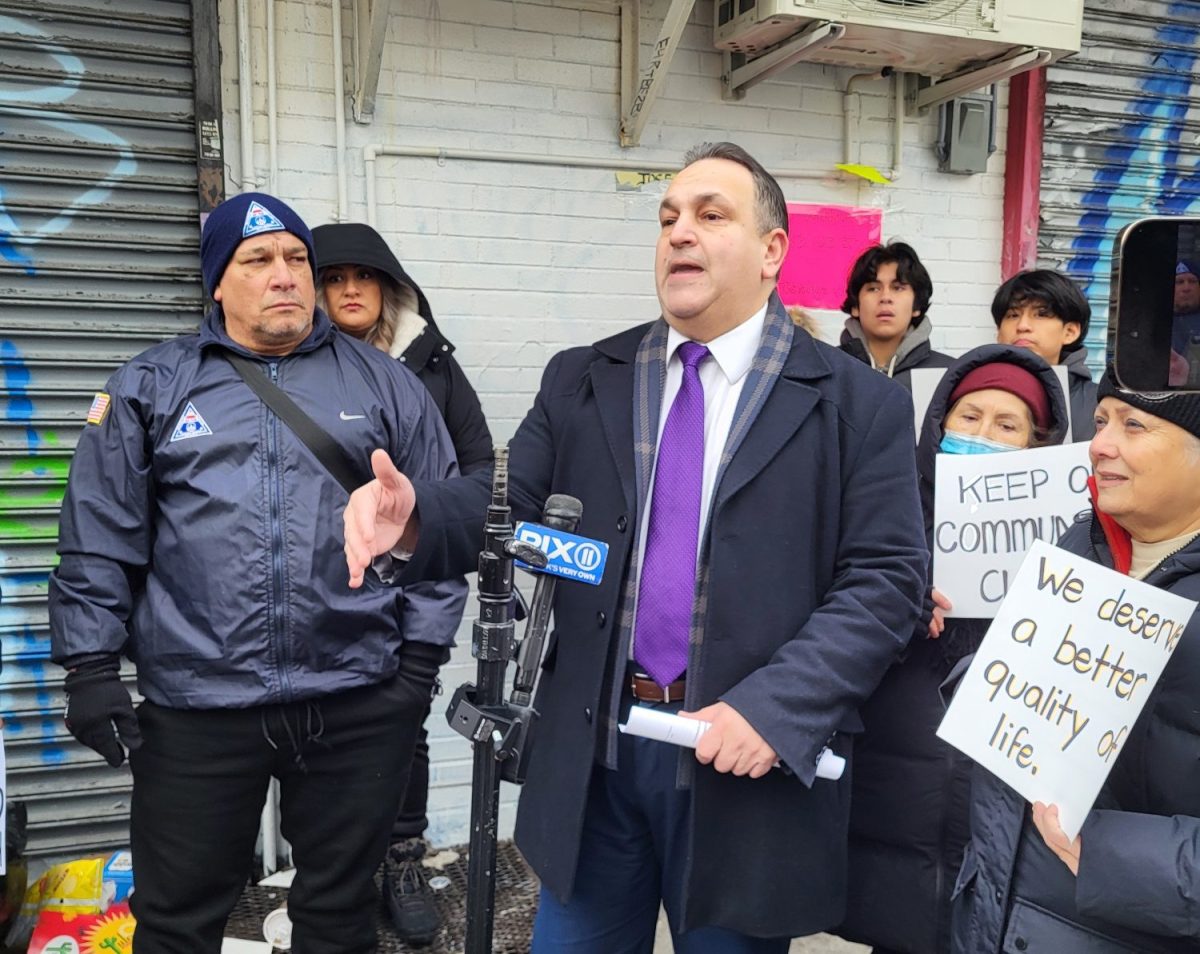What comes next for the Republican Party in New York State?
While the GOP has the presidency and U.S. Senate, the party was devastated in state-level elections in NY this month. With wins for governor and in key GOP State Senate seats on Long Island, Democrats now control all levers of power in Albany for the first time in around a decade. They also have more than a 2-1 state registration advantage over their counterparts.
That doesn’t mean the party’s over: Expect to see successful Republicans when Democrats frustrate their constituents, as happens even in places like left-leaning Massachusetts. But it has been a decades-long and often downhill slog for Republicans here since days of Assembly control and competitive gubernatorial races, and local anti-Donald Trump sentiment won’t help the right in 2020.
We asked Republican officials and consultants to weigh in about the party’s future, and here are some of their take-aways.
More diversity
We heard this one a lot:
“First and foremost, we must appeal to a wider audience,” says Suffolk County GOP chair John Jay LaValle.
The Long Island Republican noted that the party needs to learn to better speak to women, Hispanic and African American voters, who have often aided Democrats.
LaValle says that conservative messages may resonate with those voters, many of whom he characterized as family-oriented and religious.
It helps to have a candidate from the community you’re looking to appeal to, one who can be authentic and also well-funded.
For Rob Ryan, a longtime Republican consultant who recently worked on Assemb. Nicole Malliotakis’ unsuccessful 2017 campaign for NYC mayor, it would help to have a dynamic figure for future statewide runs: a “black or Hispanic Arnold Schwarzenegger, or a hugely successful businessman.”
Different ideas, and the cesspool
William F.B. O’Reilly, a Republican consultant who worked for gubernatorial challenger Marc Molinaro, sees some light at the end of the tunnel. “The complete wipeout” this year is “an opportunity to rekindle the party as a reform party.”
O’Reilly suggests ignoring the national party and focusing on issues that state Republicans can’t address if they’re beholden to incumbents and the unions and donors that support them.
He points to pension reform, MTA construction costs, and rent regulation, which in NYC can benefit many middle- or even upper-class residents while poor New Yorkers still struggle.
Republicans could talk about localism, he says, bringing power back to towns and cities — something that might even go over well in deep-blue NYC, which often has to get permission from Albany for simple things like a fee on plastic bags.
Veteran Long Island lobbyist Desmond Ryan points to the relatively stagnant leadership situation within the party. Nassau County chair Joseph Mondello, for example, led the county party since 1983 and left at age 80 to become an ambassador to Trinidad and Tobago.
Longtime party leaders “remove any inertia for change,” Ryan says. He suggests term limits for party leaders.
Similar good government initiatives — legislative term limits, campaign finance reform — might make Albany more easy to navigate for up and coming young legislators.
Ryan bemoaned the Republican brain drain of younger state senators fleeing the capital. Take Sen. Thomas Croci, a Long Island Republican who saw active duty as an intelligence officer in Iraq and Afghanistan. He returned to active duty in the U.S. Navy rather than run for re-election this year, and his seat was won by a Democrat.
Ryan says that Croci “said to me personally, ‘I’d rather be doing covert operations in Afghanistan in the military than be sitting in this cesspool.’”
The wait-and-see
Of course, there are also those who are hoping for better fortune in the near future. State party chair Ed Cox acknowledged that 2018 was a “tough election” particularly in the suburbs, which followed a national trend.
But Cox and other Republicans think that the suburbs will be winnable again if Democrats come in too hot with left-leaning positions.
The midterms featured voters who were “shocked by the 2016 win. They had their say,” says Cox.
In 2020, they’ll return to different interests. “This economy has good legs going forward,” he says.
































